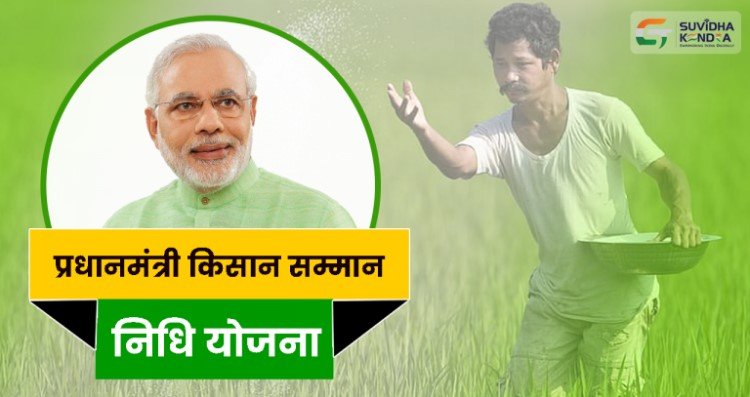AWIP, Government Policies, Social Justice
Q. The Pradhan Mantri Kisan Samman Nidhi (PM-KISAN) Yojna has been a crucial initiative to support India’s small and marginal farmers. Discuss the objectives and impact of the scheme, particularly in light of the release of the 18th installment. Highlight the challenges faced by the scheme and suggest measures for its effective implementation.
The Pradhan Mantri Kisan Samman Nidhi (PM-KISAN) Yojna, launched in 2019, is a flagship scheme aimed at providing income support to India’s small and marginal farmers. The scheme provides direct cash transfers of ₹6,000 annually, in three equal installments, to farmers owning less than 2 hectares of land, helping them meet their agricultural and household expenses.
The Central government had disbursed the 17th installment of the PM-KISAN Scheme on June 18th, 2024 and now is going to release its 18th installment on 5th October, 2024.
Objectives:
- Income Support: To augment the financial needs of farmers, ensuring they can meet input costs and sustain livelihoods.
- Reduction of Debt Burden: By providing regular financial assistance, the scheme aims to reduce farmers’ reliance on informal sources of credit.
- Poverty Alleviation: The scheme intends to reduce rural poverty by increasing the disposable income of farmers.
Impact:
- Positive Socio-Economic Benefits: The scheme has benefited over 11 crore farmers since its inception. The recent release of the 18th installment continues to provide relief, especially during times of inflation and post-pandemic recovery.
- Reduced Financial Stress: Regular cash transfers have helped farmers meet crucial expenses, like seeds, fertilizers, and household needs, contributing to increased financial security.
- Focus on Small and Marginal Farmers: The scheme’s targeting of small and marginal farmers has helped the most vulnerable sections of the agrarian community, although landless farmers remain excluded.
Challenges:
- Exclusion Errors: Many eligible farmers, particularly tenant and landless farmers, remain outside the scheme’s purview due to land ownership criteria.
- Data Accuracy and Implementation Issues: Poor record-keeping and delays in updating land records have led to the exclusion of beneficiaries in several states.
- Limited Financial Impact: Given the small size of the transfers, the scheme may not significantly contribute to the long-term upliftment of farmers or address issues like farm distress.
Measures for Effective Implementation:
- Inclusion of Tenant Farmers and Landless Laborers: Expanding the scheme to include tenant farmers and agricultural laborers can improve the scheme’s reach.
- Better Database Management: Streamlining and digitizing land records, coupled with transparent processes, can reduce exclusion errors.
- Linking with Other Schemes: Integrating PM-KISAN with other agricultural schemes like crop insurance and credit facilities can enhance its overall effectiveness.
In conclusion, while PM-KISAN has been beneficial in providing immediate relief to small farmers, there is a need for better targeting, implementation, and integration with other rural development initiatives for more sustained impact.


